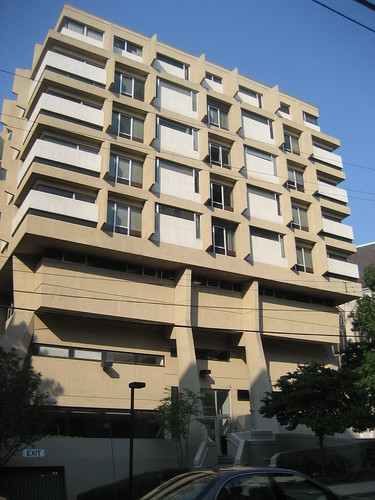But algorithms, which I was told by a computer science graduate from a top science school, are simply recipes or instructions for figuring out a "problem."
Algorithms are being explored for lowering newsroom costs (this is the savior part). Duke University is working on applying algorithms to computational journalism that could find anomalies or discrepancies in, say, a stack of public documents.
But most famously, algorithms are a huge part of search engine results. This has had an enormous impact on our ability to find stuff on the Internet.
As librarians, we should be thinking about the role of algorithms in future library settings, especially digital, if we want to remain competitive and useful to patrons. As the Wikipedia entry on "search algorithm" states for "Explicity stored databases":
Algorithms for searching in explicitly stored databases include the simple linear search, and many other algorithms that use a variety of search data structures, such as binary search trees, heaps and hash tables, to speed up multiple queries over the same database.
There are also many algorithms designed specifically for retrieval in very large databases, such as bank account records, electronic documents, product catalogs, fingerprint and image databases, and so on.
If librarians are going to use or build databases to find information for patrons, we should consider how algorithms work and how to make them most effective.

